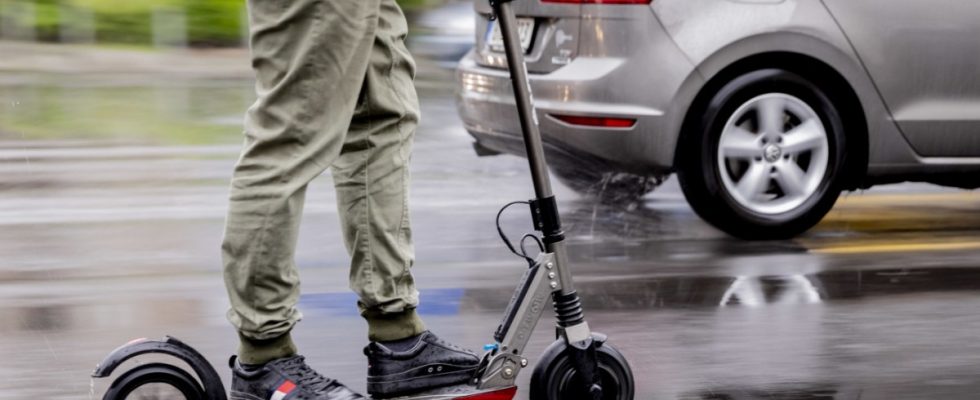These are regulations that sometimes no one knows how or why they ever made it into the tax code: hobby brewers pay beer tax as if they were an international beverage company; People with health insurance are sometimes prosecuted by the tax authorities for bonus payments from their health insurance companies, sometimes not; Employees pay a wide variety of tax rates on mobility subsidies that the company grants them in addition to their wages, depending on whether they get on the bus, in the car of a car-sharing provider or on a bicycle. It is truly holy chaos at times.
Once every twelve months, the federal government uses the so-called annual tax law to at least mitigate such small and small problems in one fell swoop. This is also the case at the moment: This year’s draft law is almost finished, and the Federal Cabinet as well as the Bundestag and Bundesrat will soon deal with it.
The easiest thing to do this time is with hobby brewers. In the future, you will only have to pay beer tax if you produce more than 500 liters of barley juice per year. The obligation to report the expected production volume to the main customs office year after year also no longer applies. Previously the limit was 200 liters.
Mobility subsidies are to be taxed at a flat rate in the future
The rules for health insurance bonuses for health-conscious members will also be permanently simplified and newly regulated by law: In the future, the state will treat them uniformly up to a limit of 150 euros per year, regardless of whether it is a reimbursement of contributions for a preventive examination paid for by the insurance company or a reward for a privately financed skin check.
The taxation of so-called mobility budgets, which employers can grant to employees in addition to their wages, should also become easier – for example to bind them to the company or to support their switch to climate-friendly modes of transport in their free time. The employees decide for themselves what they want to use their budget for and whether they want to take the train one day and rent a bike or a car the next. The taxation varies, however, and depends, among other things, on which means of transport is used and whether you have the costs reimbursed subsequently or, for example, use app credit or prepaid cards.
In the future, employers will be able to impose a flat rate tax of 25 percent on mobility budgets up to a cost cap of 2,400 euros per year per employee, which they will pay to the tax office. The regulation should also apply to e-scooters, the occasional use of car, bike and other sharing offers as well as ride services such as Uber. The aim is to “represent the many design options for modern mobility solutions and to do justice to future developments in a rapidly developing mobility sector,” it was said somewhat stiltedly in government circles. This gave employers the opportunity to “provide their employees with a diverse range of mobility options and to supplement existing offers in a purpose-oriented manner”.
Existing tax-exempt benefits are not affected by the flat-rate regulation – for example, if the employer contributes to the cost of a job ticket or allows an employee to use a company bicycle. So no one is worse off.
With the law, the government is implementing its promises to farmers
With the annual tax law, the government is also implementing a promise that it made to farmers after their recent protests against the expiration of agricultural diesel aid. In order to prevent farmers from having to pay no taxes at all in a bad harvest year but exorbitantly high taxes in a good one, they will be allowed to average their income in the periods 2023 to 2025 and 2026 to 2028. The bottom line is that the tax burden should be lower.
While this point is certainly relevant from an economic and budgetary perspective, the new rules for private master brewers are a classic in the annual tax law in all their overall economic insignificance. This is shown by a look at the income that the public sector will miss in the future: In the first half of 2022, Germany’s hobby beer taxpayers transferred a total of 7,000 euros to the tax offices. For comparison: the state’s revenue from income tax amounted to 175 billion euros in the same period.

